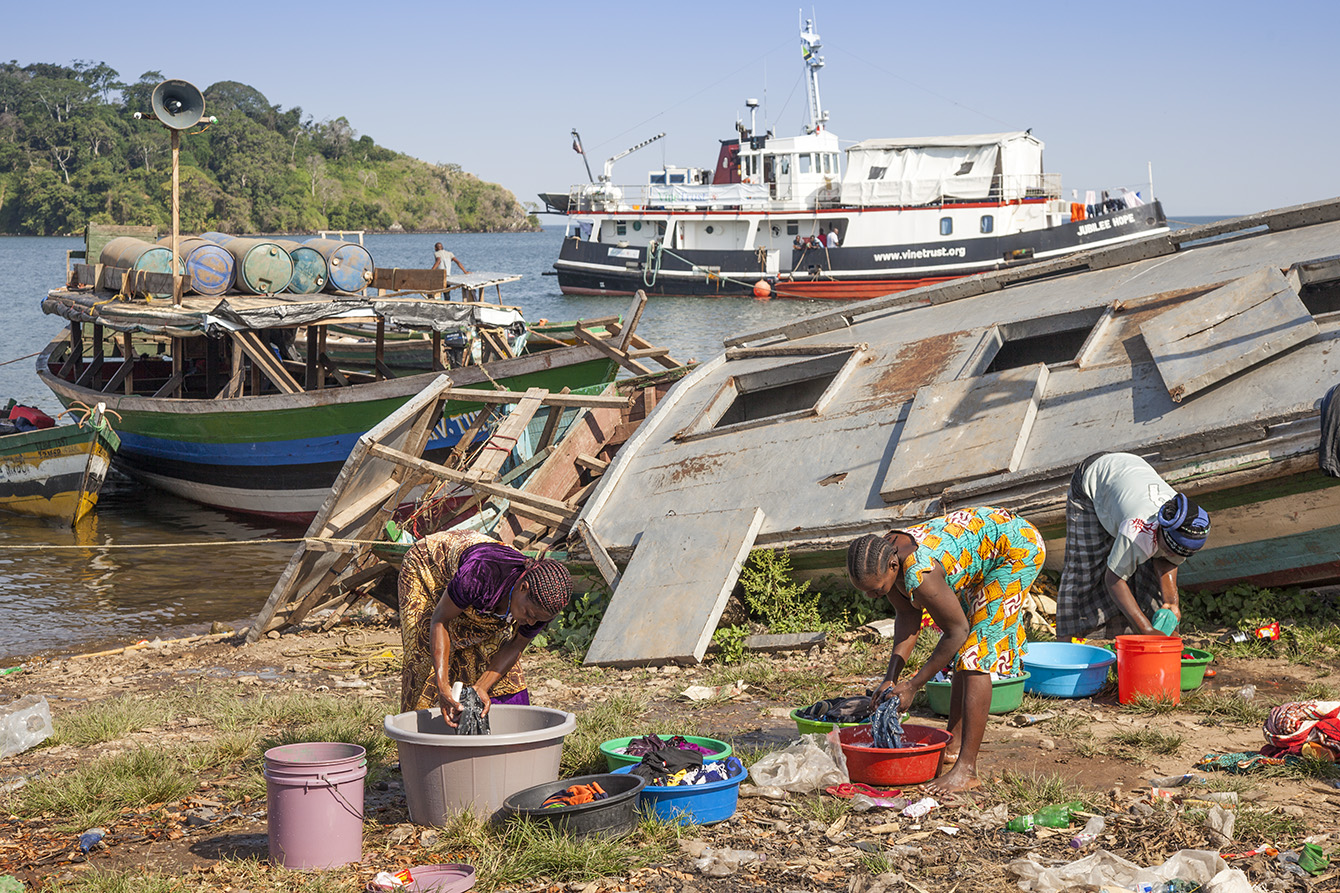Bringing Support and Hope for Women Living with HIV
Faced with stigma, prejudice and the high risk of violence, many women living with HIV on the islands of Lake Victoria are scared to declare their status The result is a situation where they are robbed of access to medical care and support and left to battle alone with the physical and emotional challenges that come with being infected with the virus.
Motivated by the needs of these women, in 2017 the Jubilee Hope Medical Programme took the decision to expand a pilot HIV Support Groups for women across islands in the Kagera Region of Lake Victoria. In the past 6 months, groups have now been established in 5 different locations with a total of 121 women taking part.
These groups allow women to openly declare their HIV status and be supported by others who are going through the same situation. By disclosing that they are HIV positive, these women are able to access life-changing antiretroviral treatment, which not only considerably improves their own health but also significantly reduces the risk of the infection being passed on to their unborn or infant child.
A recent Vine Trust volunteer reported the joy this can bring to the lives of the women: “one woman who asked for her toddler to be tested for HIV burst into tears when she heard it was negative. On enquiry she explained she had taken her antiretrovirals whilst pregnant”.
As well as accessing medical support and counselling, the groups also allow the women to access microenterprise initiatives, which start with financial stewardship classes from Community Development workers. The funds which the women then receive allows them to start income generating activities such as the buying and selling fish, raising poultry or the planting of fruit and vegetables.
Of vital importance to this whole process is community engagement as a way aiding ongoing sustainability whilst also challenging and transforming many of the cultural norms which have been contributing the plight that these women face. As a result, all of these groups are registered with the local governments at their respective islands and steps are underway to have them also registered with their corresponding district social development offices.
With an estimated 20-30% of the population on many islands living with HIV it is clear that there is still much work to be done. However, we are encouraged that this innovative and collaborative community-based approach is allowing women to be treated, educated, orientated and empowered to stand together in the fight against HIV, which has for too long devastated communities on the islands of Tanzanian Lake Victoria.
